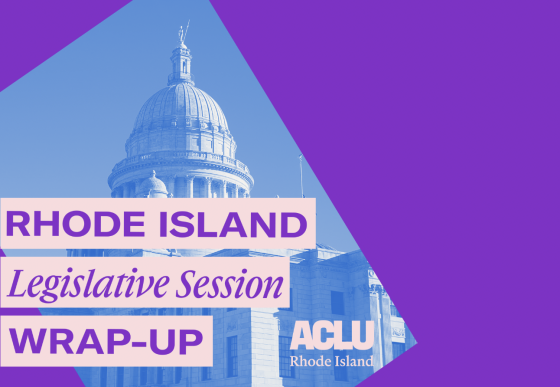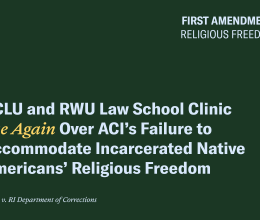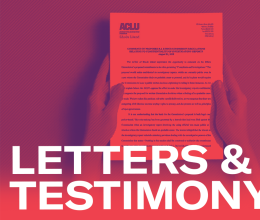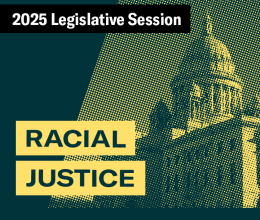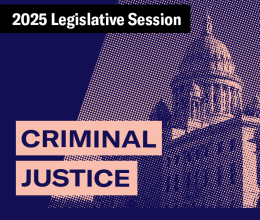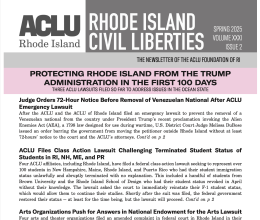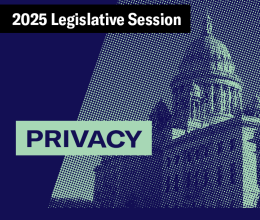As the state begins preparations for a possible flu pandemic, the RI ACLU today cautioned that Rhode Islanders face another serious consequence should an outbreak occur: the government’s potential use of extraordinary powers that could significantly diminish residents’ freedom, privacy and equality. That is because the state’s emergency health power laws, according to RI ACLU executive director Steven Brown, are “incredibly far-reaching and authorize some of the most sweeping powers in the country to deal with a health care emergency.”
Brown said the law gives the Health Department broad powers to isolate and quarantine individuals or groups with virtually no procedural safeguards. Absent from the law are important conditions contained in the health emergency statutes of many other states, including provisions that authorize quarantine and isolation only if no less restrictive alternatives are available; require that a court order be obtained before quarantining or isolating a person, unless emergency conditions prevent it; give individuals subject to involuntary confinement a right to counsel; ensure a person’s right to religious worship and to communication with loved ones while quarantined or isolated, and to be tested on a regular basis to ascertain whether quarantine/isolation is still necessary; and guarantee that isolated and quarantined individuals will be provided with adequate necessities, such as food, clothing, and medication.
Further, said Brown, the law provides that should the Governor declare a health emergency, he would have the power to “use any force necessary” and “commandeer private property,” and to unilaterally suspend the provisions of numerous regulatory statutes if they would “hinder necessary action in coping with the emergency.”
The laws were last updated in 2003 when, with little debate, the General Assembly approved a bill based on model legislation promoted nationally as a way of preparing states for the possibility of bioterrorism. Rhode Island’s version, said Brown, failed to contain many of the civil liberties safeguards that other states included when they passed similar “bioterrorism” laws. Instead, the new law expanded or kept in place broad governmental powers that in some cases date back to 1896.
The ACLU’s Brown said today: “No one questions the need for the state to have broad powers to deal with a health emergency. But our state’s law is so lacking in procedural safeguards and respect for privacy rights, and so contrary to the action taken by many other states, that our basic freedoms, as well as our health, are at risk should a flu outbreak occur. The state can fight a health care emergency without also depriving residents of minimal due process and privacy safeguards.” In a letter sent today to members of the Governor’s Flu Pandemic Working Group, Brown urged officials to support amendments to the law next session to provide some of these basic protections.

